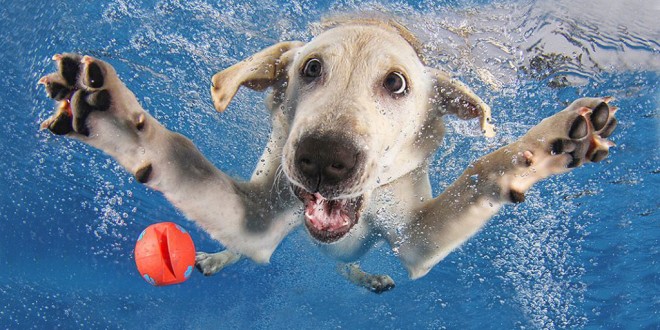I am sure you all know a completely crazy, extroverted dog who has an owner to match. If you don’t then you are probably the one everyone else is thinking of!
On a serious note though, have you ever thought your emotional state may be affecting that of your dog?
A recent study identified that emotional resilience is mirrored between pets and owners*
But what does this actually mean?
Emotional resilience is a measure of how well we bounce back to our normal selves when faced with a challenging or stressful situation. This means that if you get stressed easily, don’t cope well with change, have a tendency to give up under pressure, or get frustrated with others around you – then chances are, your dog will struggle to cope with these situations as well. Our ability to return to emotional balance depends greatly on how available the hormone cortisol is within the body.
What is cortisol?
Cortisol plays a very important role in helping the body respond to stress. It is released when we become stressed and it helps to calm the body. If our body releases cortisol effectively, we are able to cope with stressful or pressured situations and return back to normal, with no residual problems. Often people who suffer from anxiety have high levels of cortisol present in their body as the struggle to calm down is constant. If a stressful situation crops up on top of the already present anxiety, the body simply can’t keep up with the cortisol production and the result is often an extreme emotional reaction. Physical symptoms of this stress will also be present, and in some cases it leads to chronic illness.
How does your personality type affect your animal?
The study found that confident, outgoing and sociable people were amongst the most ‘emotionally resilient’ and bounced back from most situations simply by shrugging it off. Interestingly, their dog’s cortisol levels were tested, and the results showed that they too quickly bounced back from stressful situations or confrontations.
On the other hand, people who were more introverted, shy, quiet and emotionally sensitive, had high cortisol levels and were found to struggle to return to emotional balance after a stressful incident. Essentially, they did not cope as well under pressured or stressful incidents. The dogs belonging to these owners had exactly the same responses. They too did not cope well in stressful situations and took longer to calm back down to normal.
How can this link be explained?
Well, we know that emotional resilience has some genetic links, but this obviously isn’t the case with owners and their dogs! This is where science struggles to theorise this link between owners and dogs.
As an animal kinesiologist, I witness in every session how an animal has picked up on its owner’s emotions and begins to mirror those emotions itself. If the owner is anxious and nervous, the dog will always respond to the stress this creates, and very often will display nervous and anxious behaviour itself. The dog does not always display the stress in the exact same way as the owner, but the core emotion driving the behaviour is the same.
Our emotions have a physiological and biochemical effect on our bodies. Our animals are so connected to us energetically that they ‘feel’ our emotions through this connection. Their body then responds to these feelings in a physiological and biochemical way, essentially mirroring ours.
By mirroring our emotions, animals behaviour changes in response to what it is picking up – and not always in a positive way. I am sure you have a friend who is completely extroverted and over the top who has a dog to match. You may also know someone who is shy and timid and they have a dog who would rather not engage with others. It is easy to see the similarities in others, but much harder to look introspectively.
![13592628_1396212957071851_6488239473648325053_n[1]](https://animalenergytherapies.com/wp-content/uploads/2017/06/13592628_1396212957071851_6488239473648325053_n1.jpg)
* ‘Psychological Factors Affecting Cortisol Variability in Human – Dog Dyads’ Iris Schoberl, Manuella Wedl, Andrea Beetz, Kurt Kotrschal. Published; Feb 8, 2017.
